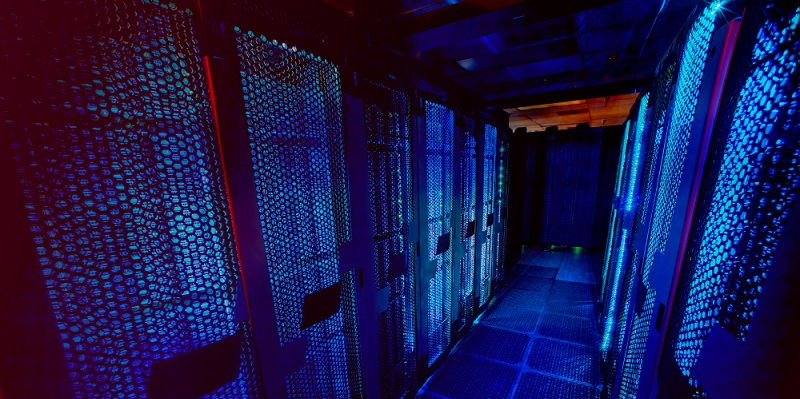Botswana, a rising tech hub in Africa, is eagerly anticipating the arrival of a state-of-the-art data center. The Digital Delta Data Center (DDDC), built by China Jiangxi International Economic and Technical Cooperation (CJIC), will soon be operational in the capital city of Gaborone. This collaboration between Botswana Fibre Networks (BoFiNet) and CJIC promises to bolster the country’s digital infrastructure and support its growing technological needs.
Overview of the Digital Delta Data Center (DDDC)
The DDDC, a cutting-edge facility provided by the CJIC, is set to revolutionize Botswana’s information technology landscape. This two-story data center, complete with ancillary facilities, will significantly enhance BoFiNet’s capabilities. It marks a significant milestone in the partnership between Botswana and China, showcasing the commitment to technological advancement and bilateral cooperation.
Location and size of the DDDC
Situated within the prestigious Botswana Innovation Hub in Gaborone, the DDDC boasts a prime location. This strategic placement ensures convenient access and proximity to other technology-driven companies and organizations. Furthermore, the DDDC has been meticulously designed to meet the rigorous standards of a Tier III data center. The facility spans an impressive 1,000 square meters (10,763 square feet) and will house approximately 400 racks. This expansive space will cater to Botswana’s burgeoning demand for digital services and infrastructure.
Construction Timeline and Completion Date
The inception of the DDDC project was announced in March 2021, with an estimated construction period of eight months. Demonstrating efficiency and commitment, the CJIC completed the data center construction in June of the same year, meeting the project timeline and exceeding expectations. The expeditious completion of the DDDC is a testament to the professionalism and expertise of the collaborating teams.
Comparison to other data centers in Botswana
While Botswana currently accommodates five data centers, the DDDC will be the largest and most advanced facility in the country. Its extensive capacity and adherence to Tier III standards set it apart from existing data centers. With its cutting-edge infrastructure, the DDDC is primed to serve as a crucial hub for BoFiNet and other entities seeking robust and secure data storage and processing capabilities.
Botswana Telecommunications Corporation’s Copper-Free Plans
In a bid to combat copper theft, the Botswana Telecommunications Corporation has embarked on an ambitious plan to become copper-free across the nation. This proactive approach aims to minimize the disruptions caused by copper theft, which has plagued the telecommunications industry in Botswana. Implementing advanced technologies and relying on fiber optic networks will ensure increased reliability, security, and efficiency.
Challenges Faced by BoFiNet and the Need for Secure Infrastructure
BoFiNet, like many telecommunications providers, has faced numerous challenges due to fiber cable theft and network vandalism. These criminal activities not only disrupt connectivity but also hamper the economic growth and development that depend on reliable and secure data transmission. The establishment of the DDDC will vastly contribute to mitigating such risks, as it provides a fortified and resilient infrastructure to safeguard crucial data.
The imminent arrival of the Digital Delta Data Center (DDDC) in Botswana marks a significant milestone in the country’s technological evolution. This collaboration between BoFiNet and CJIC demonstrates a dedication to bolstering the nation’s digital infrastructure and providing cutting-edge services. As Botswana progresses on its path to becoming a technology-driven economy, the DDDC’s Tier III standards, expansive size, and state-of-the-art capabilities will play a pivotal role in meeting growing demands. Moreover, initiatives like the Botswana Telecommunications Corporation’s copper-free plans will further enhance the country’s connectivity, ensuring a more secure and resilient digital future for Botswana and its citizens.

